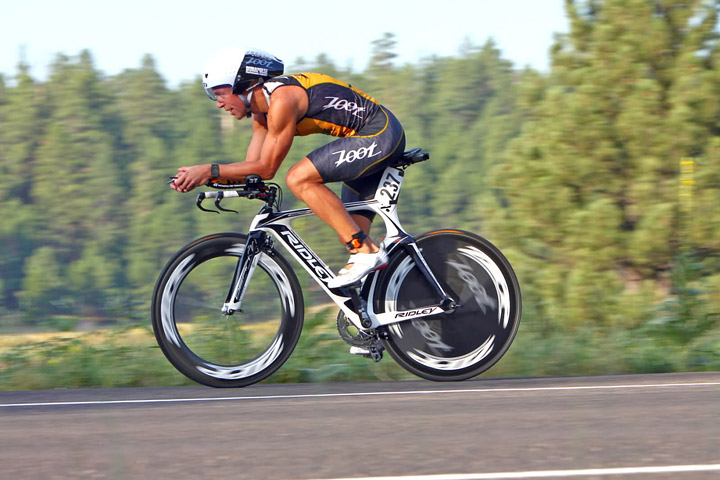
With more and more amateur athletes taking up endurance sports like marathon running, long-distance cycling or even triathlons, here are five nutrition tips for the “weekend warriors” amongst you to help you get your performance nutrition right!
1. Fuel up in the morning

Since your stored fuel reserves will have dropped during an overnight fast, this is important. Training and racing take a toll on the body, and starting the day with a healthy meal balanced with carbohydrates, protein, vitamins and minerals provides a solid nutritional foundation for your performance.
2. Hydration is essential

Because hydration directly impacts your athletic performance, it’s even more important for you to keep fluid levels topped off. Electrolytes (important body salts) are also essential–they support proper muscle function and help regulate body temperature. It’s important to hydrate during the event, but also important to sip fluid throughout the day in order to stay hydrated, and to be fully rehydrated before the next stage of your competition. Sports drinks provide not only necessary fluid, but also electrolytes that have been lost through perspiration. They also contribute carbohydrates, too, to help fuel working muscles during the event.
3. Carbs, Carbs,Carbs
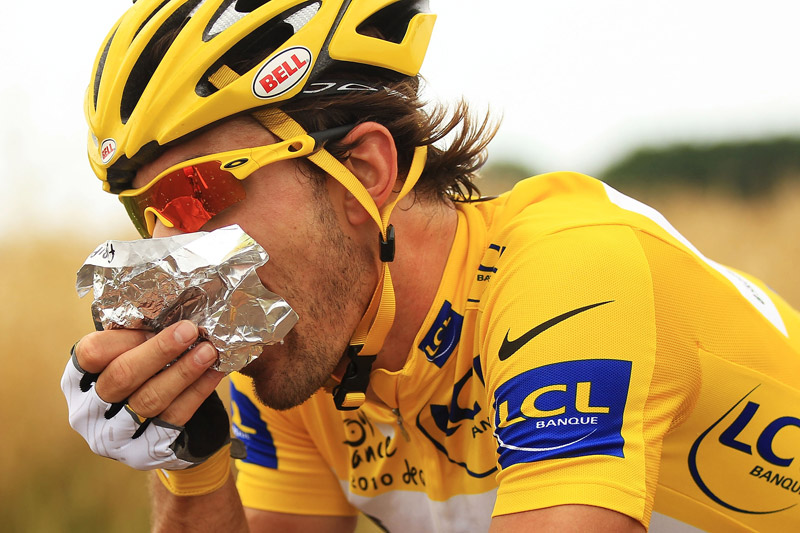
Carbohydrates are the primary fuel during exercise and they’re essential to keep your body running. In an endurance race, calories are king and getting enough is essential for performance. Make sure to get plenty of carbohydrates both before and during the race. Getting proper nutrition while competing also helps shorten recovery time, which is very important in a multi-day event. In addition to carbohydrates, a small amount of protein during exercise can help speed recovery.
4. After Race Recovery

After a race, your body needs the right ratios of carbohydrates and protein to begin recovering. Recovery is two-fold, and requires carbohydrate for replacing glycogen stores, as well as protein for rebuilding damaged muscle.
5. Supplementation
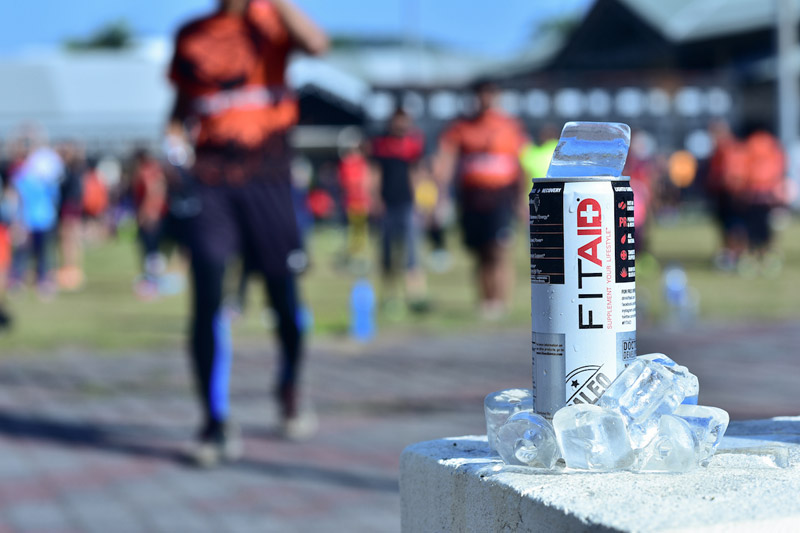
During a race, your nutrition needs are so extreme that it may be difficult to meet them with diet alone. But that being said, it is important to keep in mind that supplementation is just that–a supplement to a regular healthy diet. As an athlete, you should get the majority of your calories and nutrients from whole foods, primarily healthy sources of “good” carbohydrates–whole grains, fruits and vegetables–and protein from lean meats, poultry, fish, low fat dairy products and plant sources such as soy.

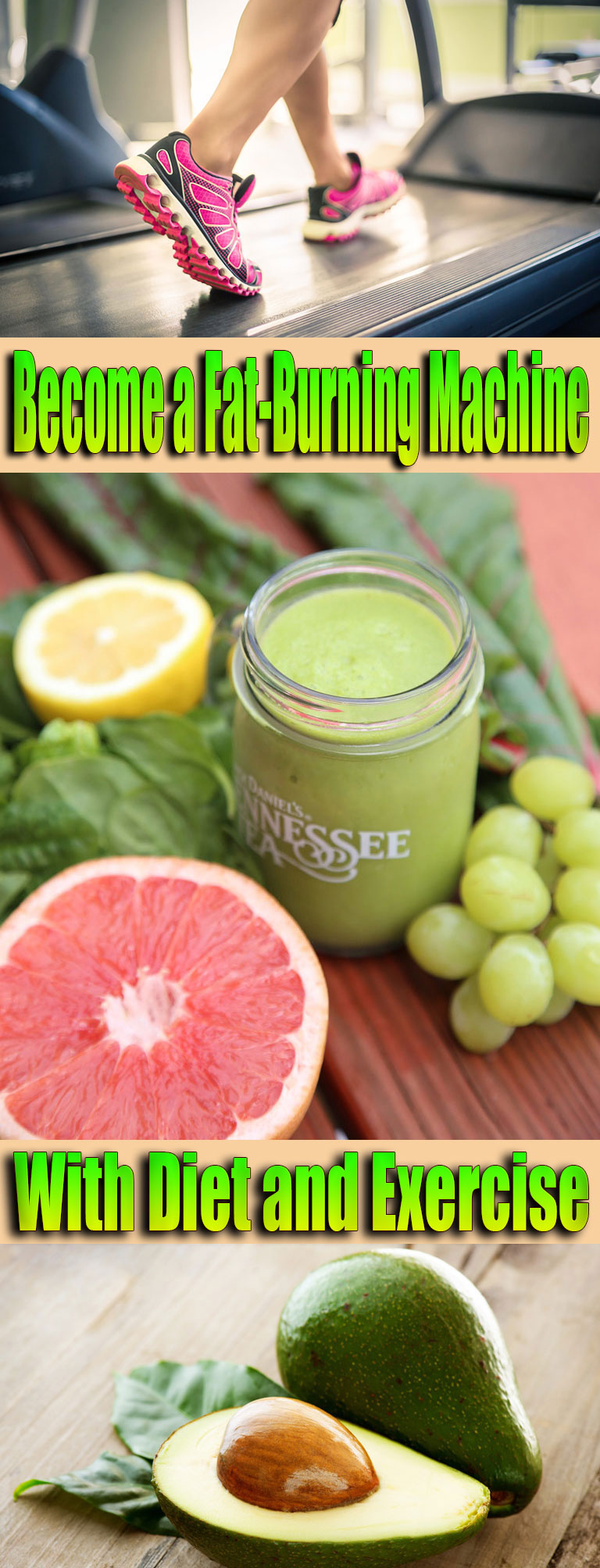
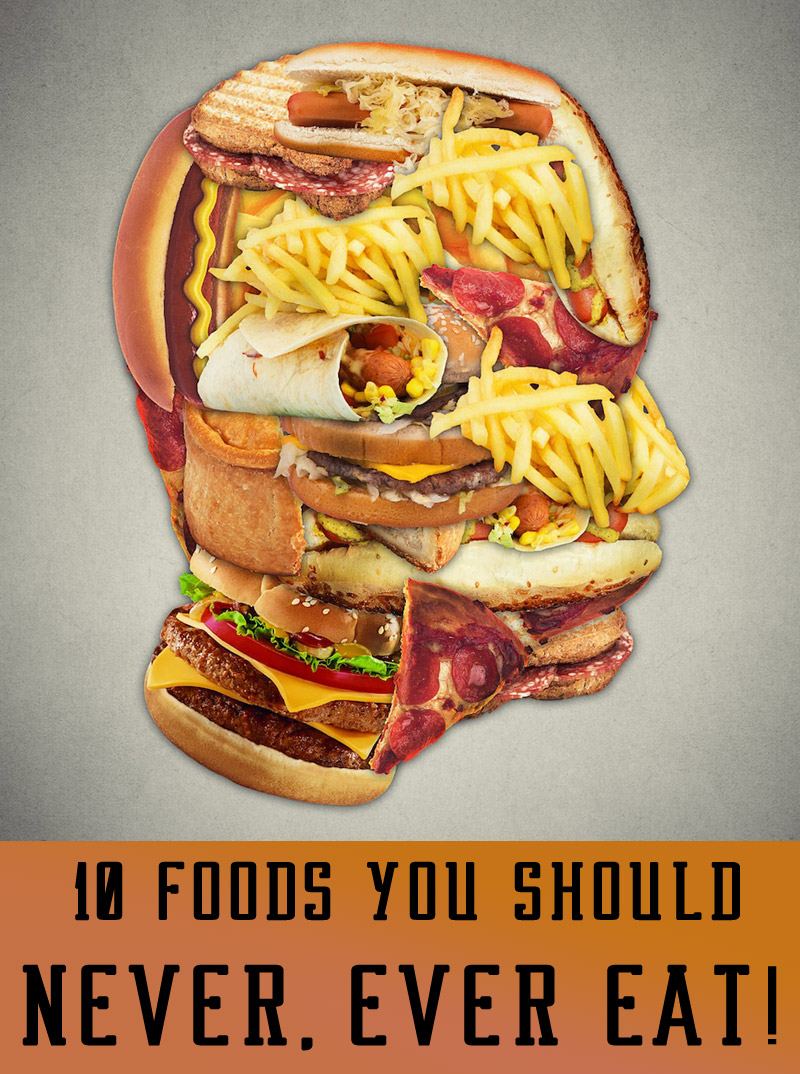
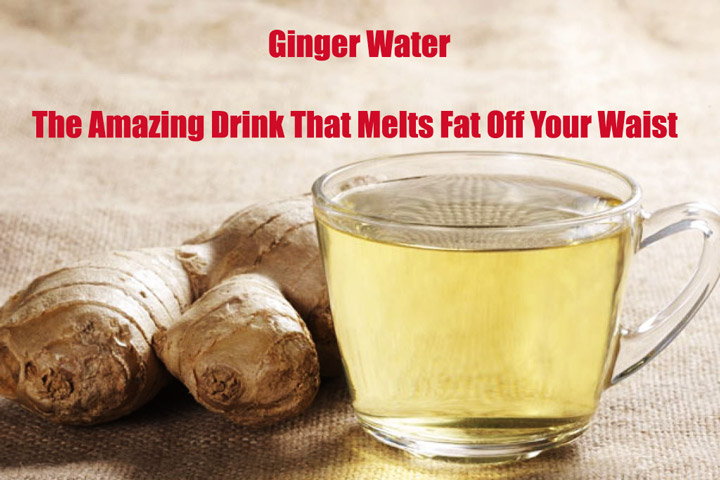
Leave a Reply